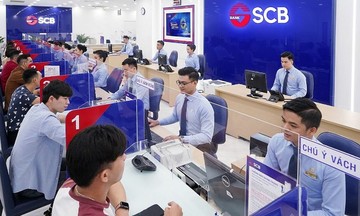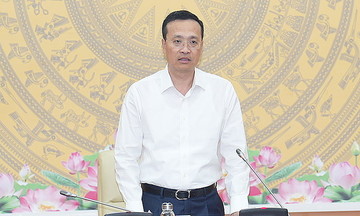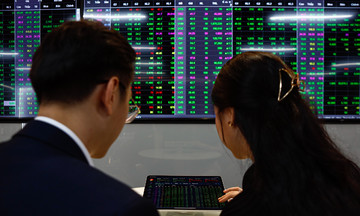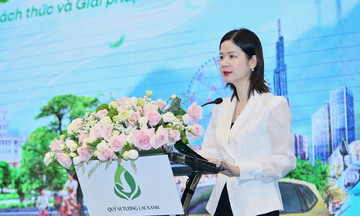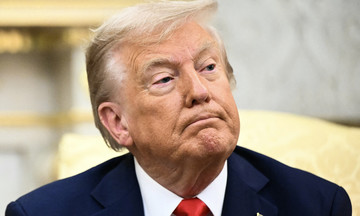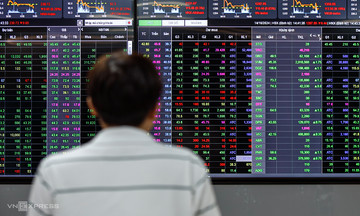At a meeting on 9/9 regarding the draft decree on Vietnam’s domestic carbon exchange, Deputy Prime Minister Tran Hong Ha emphasized the key to the exchange's effectiveness lies in genuine supply and demand, creating a real market where businesses see benefits in investing in technology and management to reduce emissions.
The deputy prime minister asked the Ministry of Natural Resources and Environment to comprehensively monitor the mechanisms and policies related to carbon credits, both domestically and internationally. The ministry needs to regulate supply and demand to create momentum for the market, preventing an oversupply leading to low prices, or high demand with low supply causing price surges.
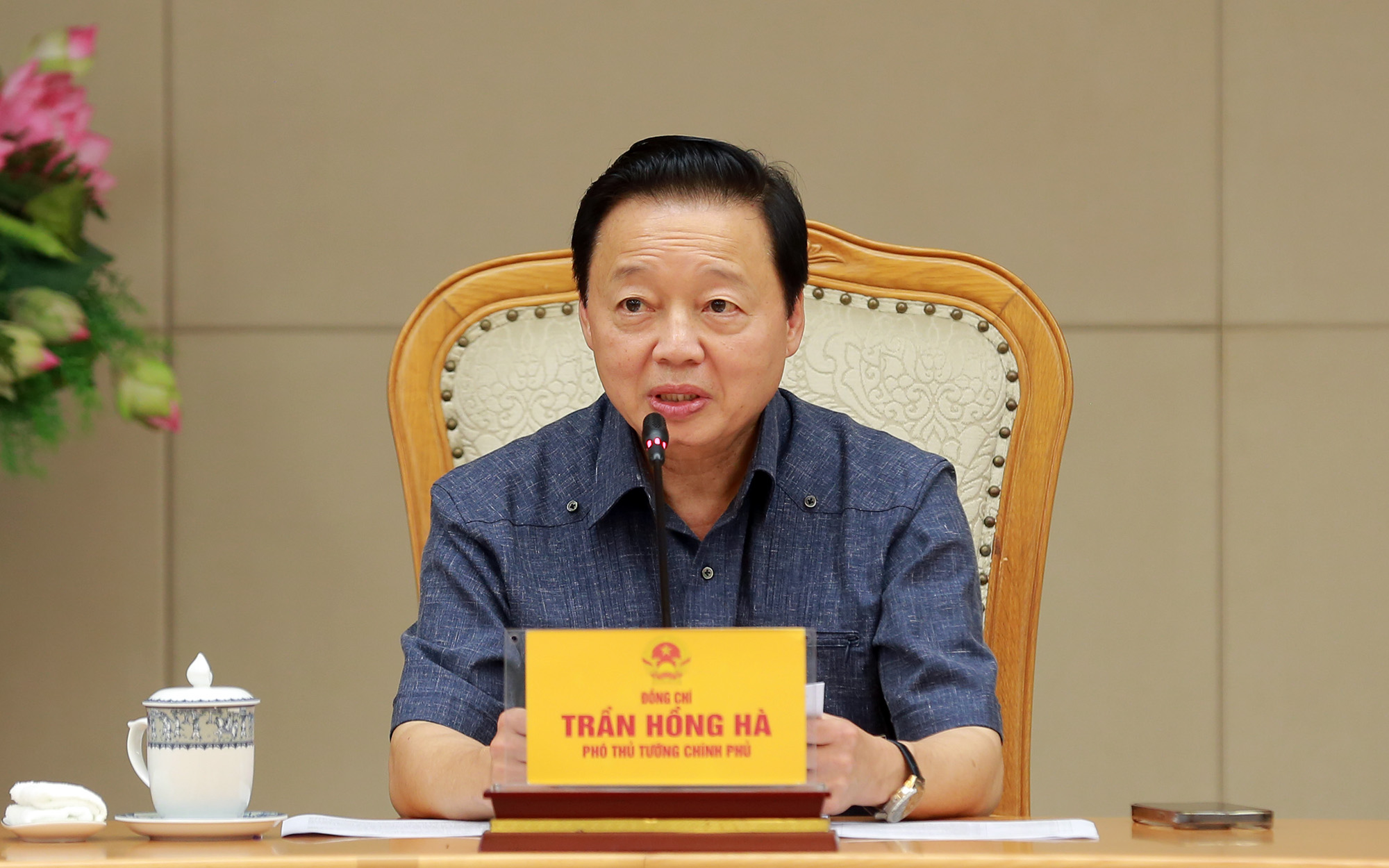 |
Deputy Prime Minister Tran Hong Ha at the event. Photo: VGP |
Deputy Prime Minister Tran Hong Ha at the event. Photo: VGP
The government leader requested increased demand in the initial phase to ensure the market operates with real transactions.
A carbon credit is a tradable permit or certificate, granting the holder the right to emit one ton of CO2 or an equivalent amount of other greenhouse gases.
To promote emission reduction commitments and achieve net-zero greenhouse gas emissions, many countries have established carbon credit exchanges, both mandatory and voluntary. "Countries that are well-prepared will proactively grasp and calculate their benefits. Conversely, those who are slow will be passive, even disadvantaged," the deputy prime minister said.
According to the draft decree, the commodities traded on the carbon exchange are greenhouse gas emission quotas and carbon credits. Participants include facilities allocated quotas, organizations holding carbon credits within Vietnam, and financial service providers. Securities companies will act as intermediaries for order matching and payment, but not directly trade, to limit speculation.
The draft also specifies prohibited actions, such as price manipulation, collusion, spreading false information, and exploiting technological loopholes to misappropriate quotas or carbon credits.
The carbon exchange will leverage the existing infrastructure of the stock market to save costs and ensure security, minimizing transaction risks. Initially, securities companies will act as intermediaries to control balances and prevent phantom orders.
Regarding bank participation in providing payment services, the deputy prime minister requested that at least one bank be selected by the State Securities Commission, ensuring it meets technical and legal requirements and has customers participating in transactions. Other banks can join after fulfilling all conditions.
According to the deputy prime minister, the prompt issuance of the decree on the domestic carbon exchange is essential for ensuring the feasibility and effective operation of the carbon market. This also prepares Vietnam for deeper involvement in the international carbon credit exchange mechanism.
Bao Bao




